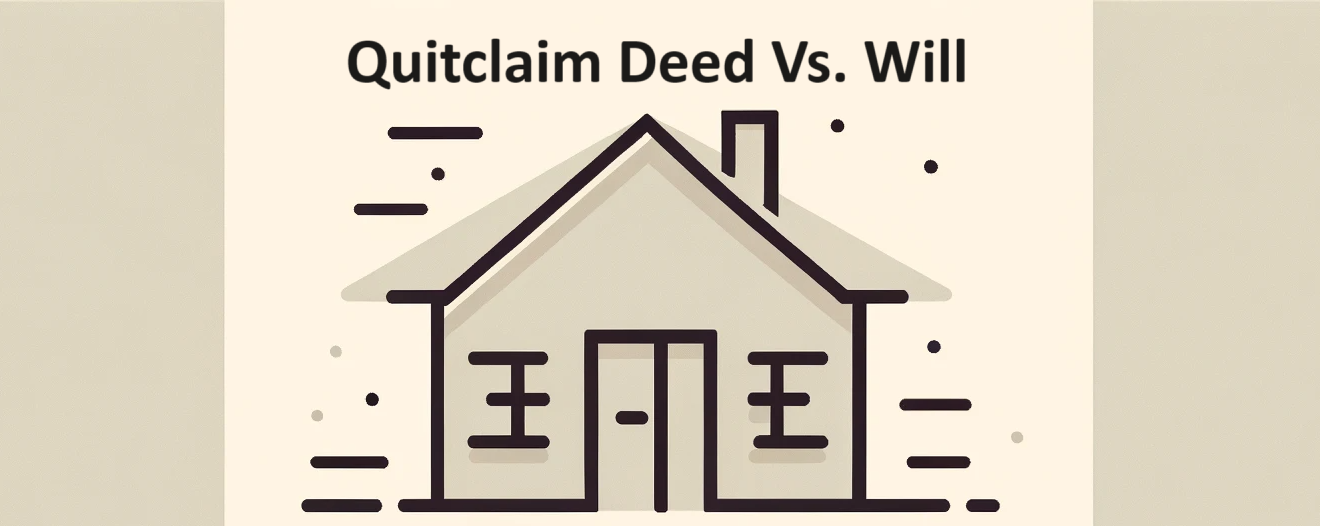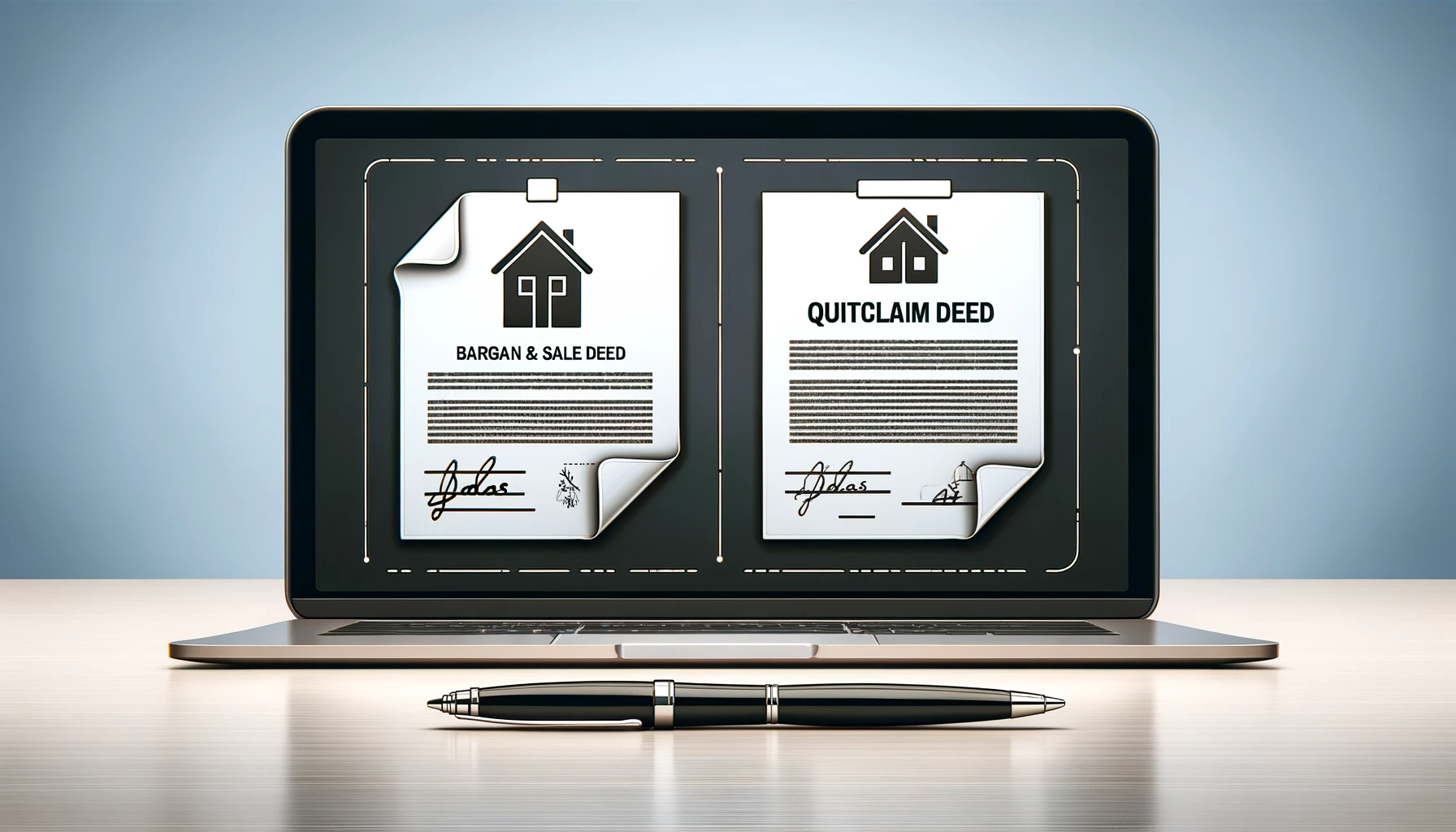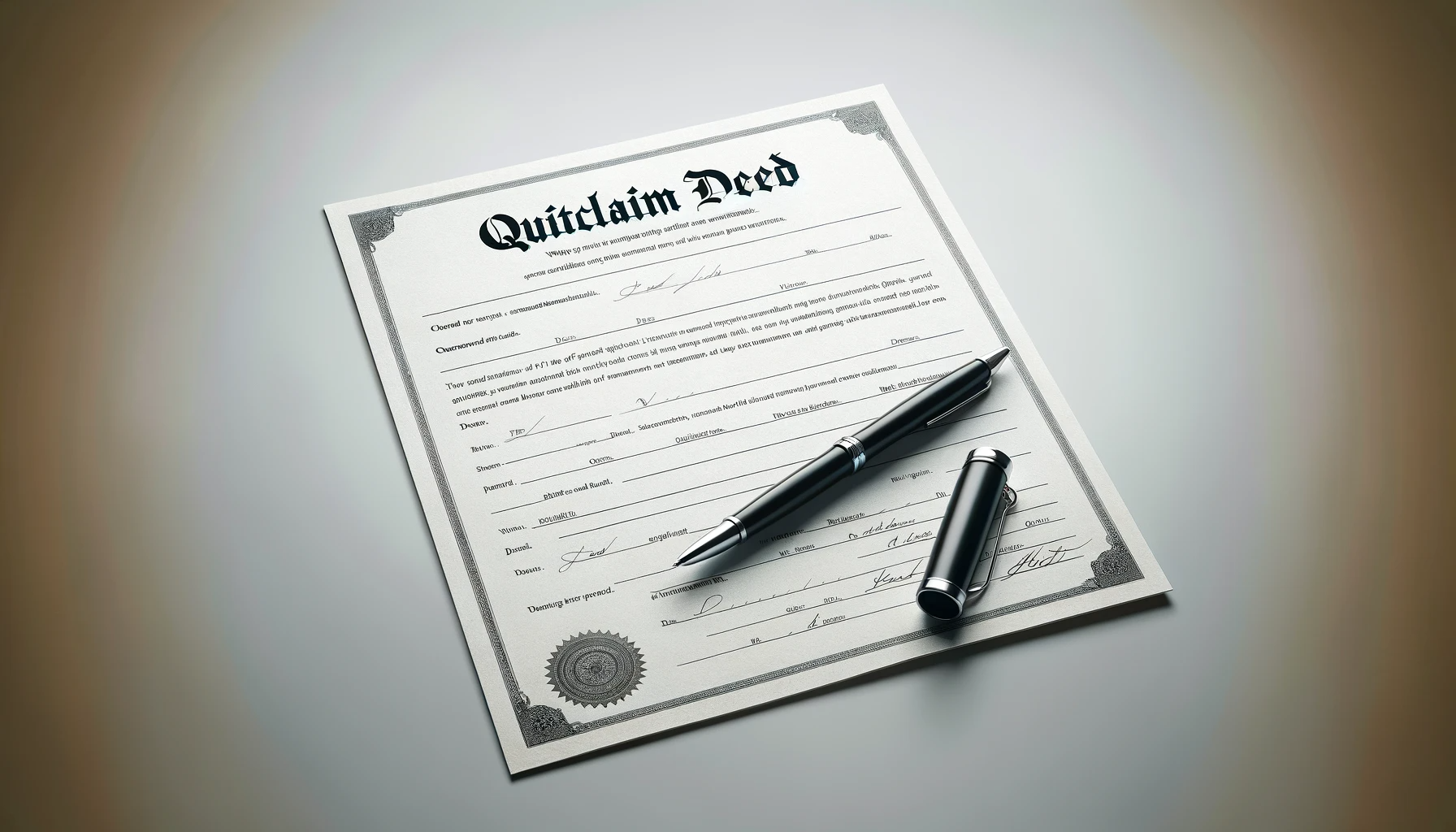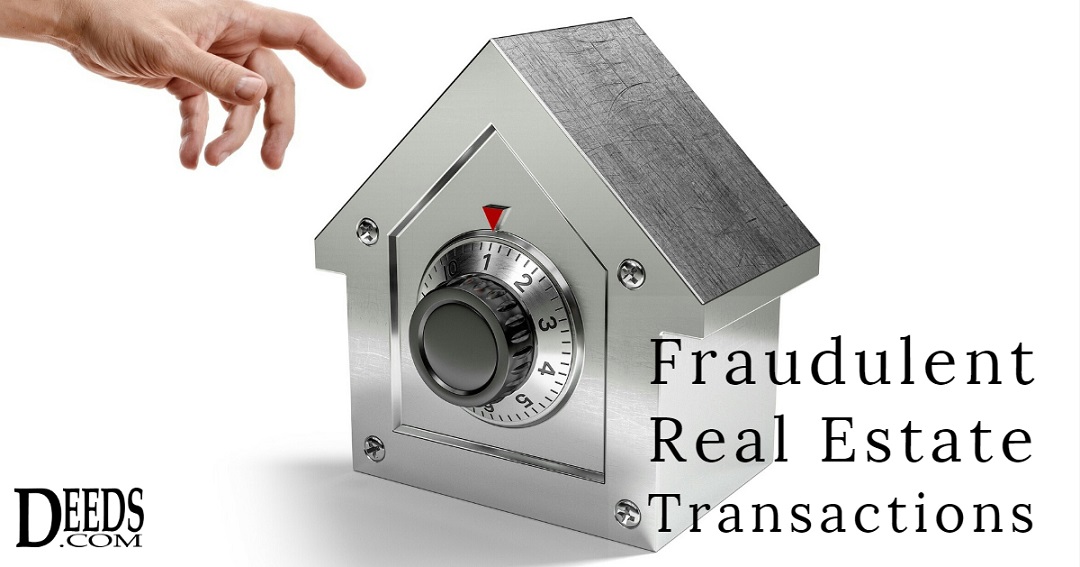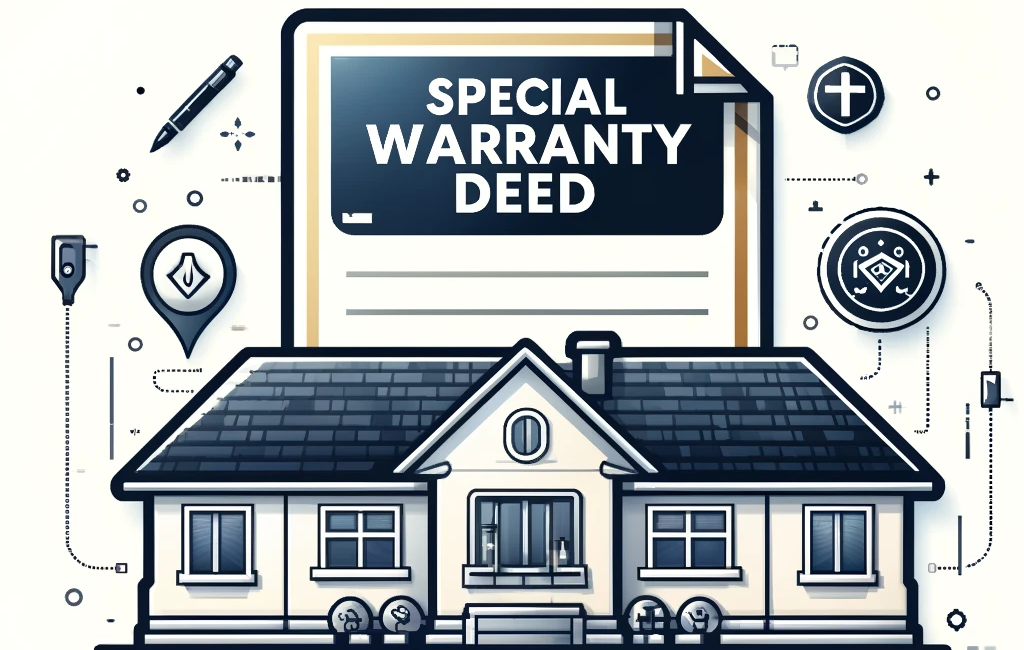Tag: quitclaim deed
-

Marriage and the Quitclaim Deed
When is a quitclaim a good way to transfer a whole or partial interest in a home? In a simple transaction among familiar parties. Especially where no money changes hands. No wonder quitclaim deeds are often used between spouses. Here, we take a look at a variety of ways quitclaims can convey property between partners…
-

Will Versus Quitclaim: When There’s a Conflict, Who Owns the House?
Usually, the quitclaim deed overrides the instructions in a will. But the devil is in the details. At age 60, Letitia bought her Sacramento home, as a sole owner. Twenty years later, aged 80, Letitia went into a care home. Letitia subsequently signed a quitclaim deed and gave the home to Jackson, the only one…
-

Using a Quitclaim Deed: Top 5 Reasons
Are you considering using a quitclaim deed? It’s a fast, simple, and reasonable way to transfer home ownership. It’s a good choice in certain situations. What are those certain situations? In contrast to warranty deeds, which are most often used in regular home sales, a quitclaim would more likely be used: Quitclaiming is a simple,…
-

Is a Quitclaim Deed Subject to Tax?
Quitclaims are sometimes used to transfer property interests from one family member to another, or between divorcing spouses. Parents might wonder if they should use quitclaims to pass property to children to avoid the probate process. It’s easy enough to do. The homeowner signs the document with a notary, takes it to the county recorder…
-

Elders and Real Estate Fraud: A Burgeoning Problem
Evelio and Milagros Esteban are in their 70s and they’ve been homeowners for years. But recently they ran into trouble paying their mortgage. That was when they mistakenly transferred their home deed to another Miami resident, who offered to help them rent out their home. Thinking they were signing a Section 8 housing application —…
-

Defending a Quitclaim Deed
The quitclaim is famous for being the simplest way to give up an interest in real estate. Unlike a warranty deed, the quitclaim grants whatever interest a person has to the other person, but offers no assurances that the title is clear. Once a quitclaim is signed and recorded, can the deed be challenged in…
-

Transferring a Deed Without a Lawyer? Here’s What You Should Know
A deed, of course, is a legal document representing property ownership. But you might be wondering if an owner can transfer a deed to another person without a real estate lawyer. The answer is yes. Parties to a transaction are always free to prepare their own deeds. If you do so, be sure your deed measures up…
-

Don’t Quit Your Claim! A Quitclaim Deed Is Not a Mortgage Saving or Estate Planning Tool
A quitclaim deed conveys—”quits”—a person’s interest in a property to someone else. Quitclaims prove useful in certain transfers of properties among family members or between divorcing spouses. The quitclaim allows separating partners to follow a court’s direction and leave one party as sole owner of the marital home. Quitclaims might seem convenient in other circumstances, but…
-

The Quitclaim Deed and Fraudulent Real Estate Transactions
Quitclaim deeds show up commonly in fraudulent real estate transactions. This type of deed fraud can impact elderly people, buyers purchasing real estate from strangers without warranty, renters who are paying someone who is not a legitimate owner, and anyone involved who might buy, sell, or own property. Here, we examine how it happens and…
-

The Quitclaim Deed’s Function in a Contract for Deed Sale
A contract for deed sale can present a convenient alternative to the traditional real estate conveyance. In this owner-financed deal, the buyer usually lives on the property upon the execution of the contract. While enjoying the property, the buyer pays for it in monthly installments, until the agreed-upon price has been paid in full. Down the road, when full payment…


